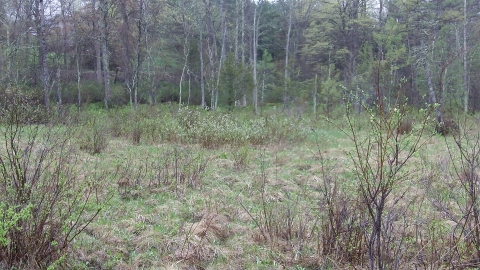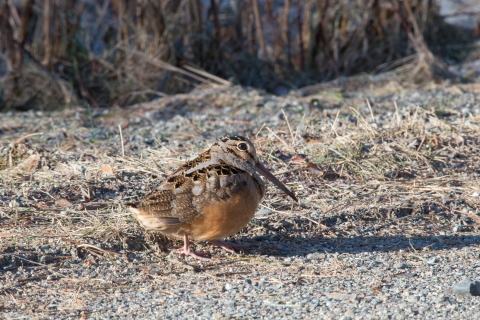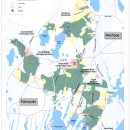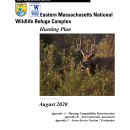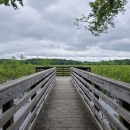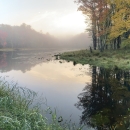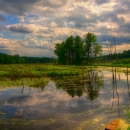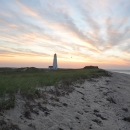Visit Us
National wildlife refuges offer us all a chance to unplug from the stresses of daily life and reconnect with our natural surroundings. Mashpee National Wildlife Refuge is a unique piece of coastal New England landscape. It is the second largest accessible open space on Cape Cod; the first being the National Seashore. Explore through Falmouth and Mashpee trails and observe various species of mammals, birds, reptiles, invertebrates, amphibians, and insects.
Activities
Mashpee National Wildlife Refuge provides visitors with many wildlife-oriented recreational opportunities. Visitors can hike the nature trails and observe, photograph, and study wildlife and plants. Hunting various species of birds, such as American coot and American woodcock or mammals such as white-tailed deer and coyote is a tradition many enjoy. The Friends group love to host programs for the public to learn more about the importance of coastal ecosystem, migratory birds, and conservation.
Trails
Within the Mashpee National Wildlife Refuge Partnership Boundary, there are miles of walking trails and fire roads for visitors to explore our neighboring partner lands where one can access areas such as the Childs River or Moody Pond. A well utilized access site is on Great Neck Rd at the Jehu Pond parking area.
Related Documents
Other Facilities in the Complex
Situated along the Atlantic Flyway in Massachusetts, the Eastern Massachusetts National Wildlife Refuge Complex is comprised of eight ecologically diverse refuges. The eight individual refuges include inland and coastal wetlands, forests, grasslands, and barrier beaches that provide important habitat for migratory birds, mammals, plants, reptiles and amphibians.
Complex headquarters is located at Assabet River National Wildlife Refuge, 680 Hudson Road, Sudbury, MA, 01776. Phone: (978) 443-4661.
Rules and Policies
When visiting the refuge you are entering wildlife’s home. So, keep in mind and obey all rules and regulations at the refuge to respect wildlife and their habitats, such as visiting during posted hours, leaving no trace behind, and not bringing pets.
